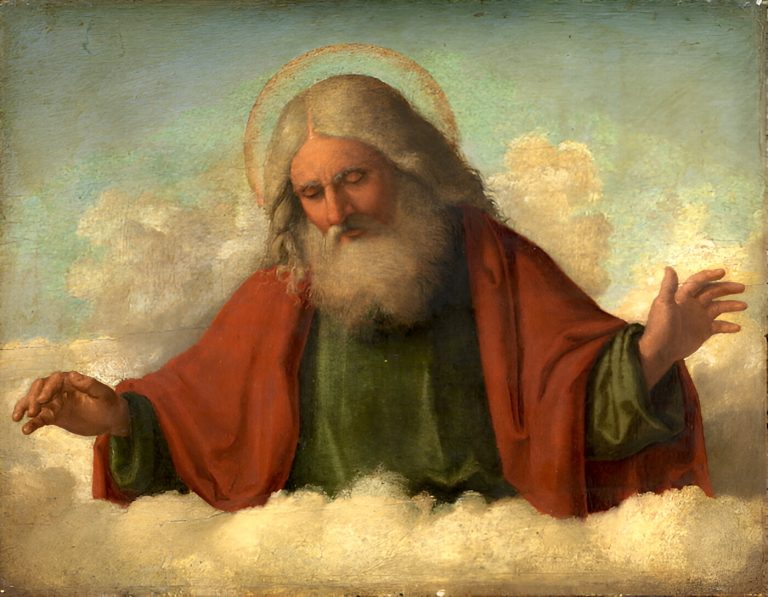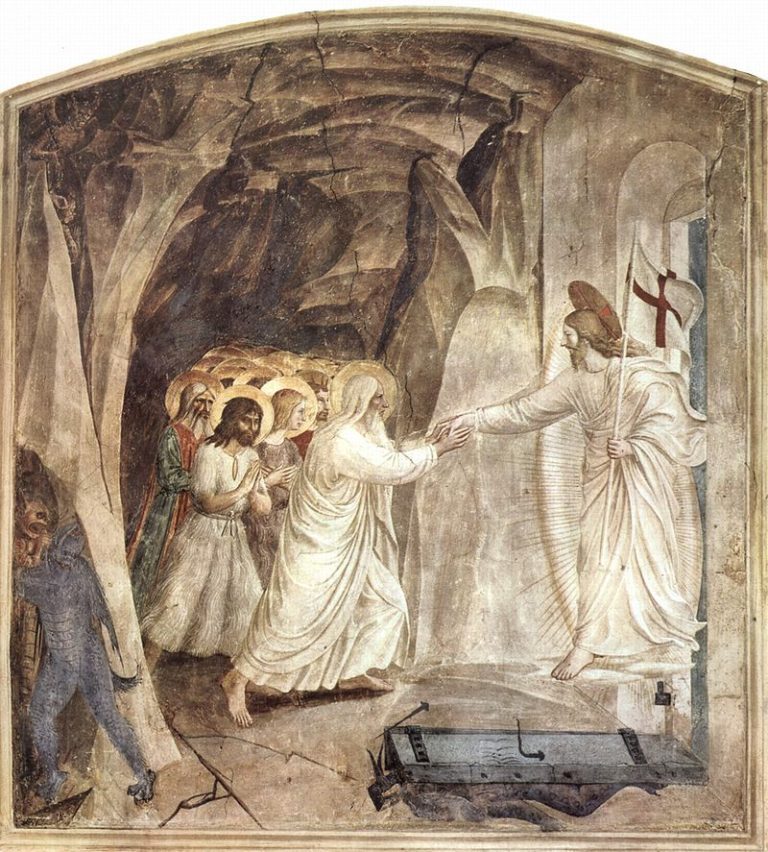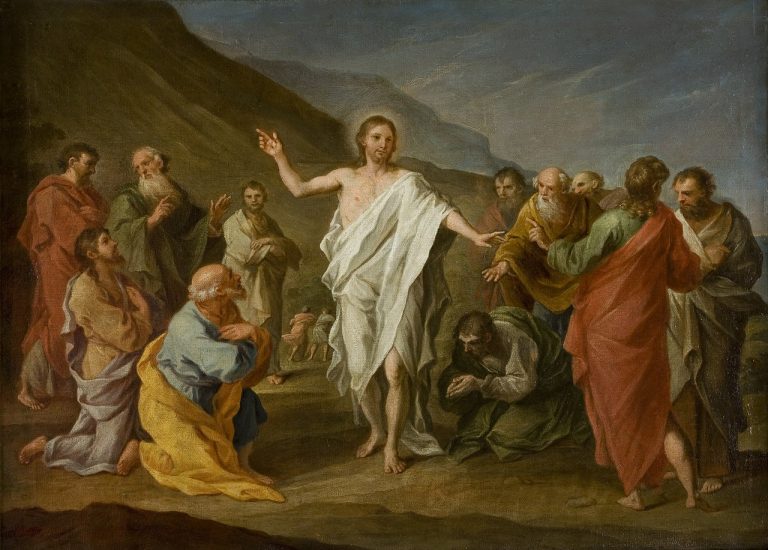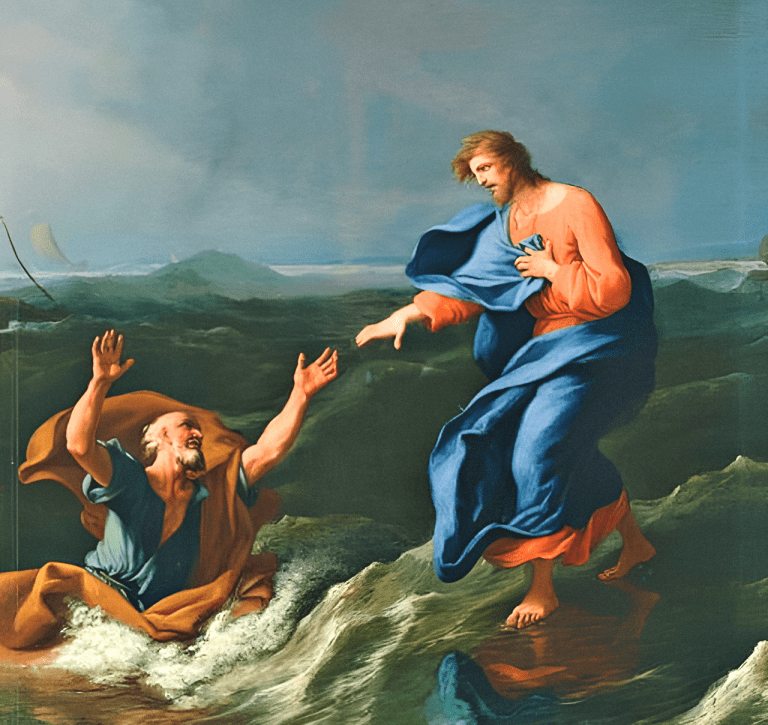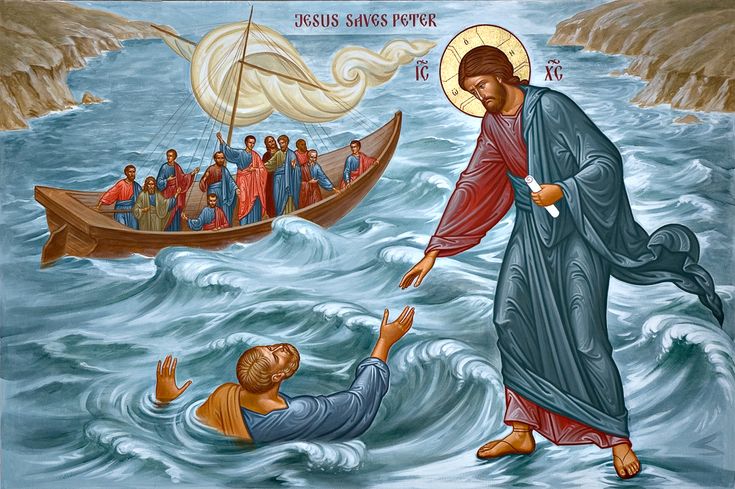Several years ago, when believing it was useful to serve on a large government agency that funneled money from taxpayers to the politically favored in a seven county region of Southwestern Pennsylvania, the words “stake holder” would frequently appear. “Stake holders are encouraged to participate in the process.” was a common theme. Sometimes, it was spelled differently. “Stakeholders must speak out. We need to know their opinions.”
No matter how it was spelled, those who felt they had a “stake” in things were thought to be of “vital importance in setting our course for the future”. They were endlessly encouraged to participate.
People who owned property were legal stake holders in that property. They had obtained legal ownership, paid taxes, and maintained it. But, “stake holders” may have opinions about that property. It may have been important for “watershed concerns”, or “community recreation” or “uniquely suited for wildlife habitation”.
The people who did not own the property, or pay taxes on it, were encourage to feel that simply proclaiming themselves to be “stake holders” was just as good as ownership. “After all, if you’d been there when the property was for sale and had the money, you might be the title-holder. So, how can the person who holds the title have any more claim to it than you do?”
Most of the people who responded to the plea for “stakeholder opinions” would let everyone present know how “environmentally concerned” they were about nearly everything. They were anxious to let people know how important their stake in every issue was, and would do so at great length.
Their concerns dwarfed both Constitutional can common-law concerns and precedents about property rights. Such notions were universally despised by stake holders, and peremptorily dismissed as “relics of a bygone age”.
Most of the male stake holders had beards. They did not tend to speak as long as the female stake holders, who were in the habit of showing how greatly concerned they were by the varying degrees of shrillness in their voices. Items of great importance to them nearly resulted in nearby windows, and eardrums, being shattered.
Both male and female stake holders tended to nod wisely and approvingly at every sentence they, or someone who agreed with them, spoke. During this period of agreement, they kept their eyes opened very wide as the speaker stared at whomever was being addressed. Other stake holders stared with the same peculiar intensity at the stake holder who was speaking. This became so noticeable that, after a few meetings, I began to describe the growing crowd of stakeholders as “wide-eyed nodders”. That description was so accurate as to actually gain favor among some who noticed what a constant it was, though those to whom it applied, if they ever knew of it, certainly would not have chosen it as a way to describe themselves.



